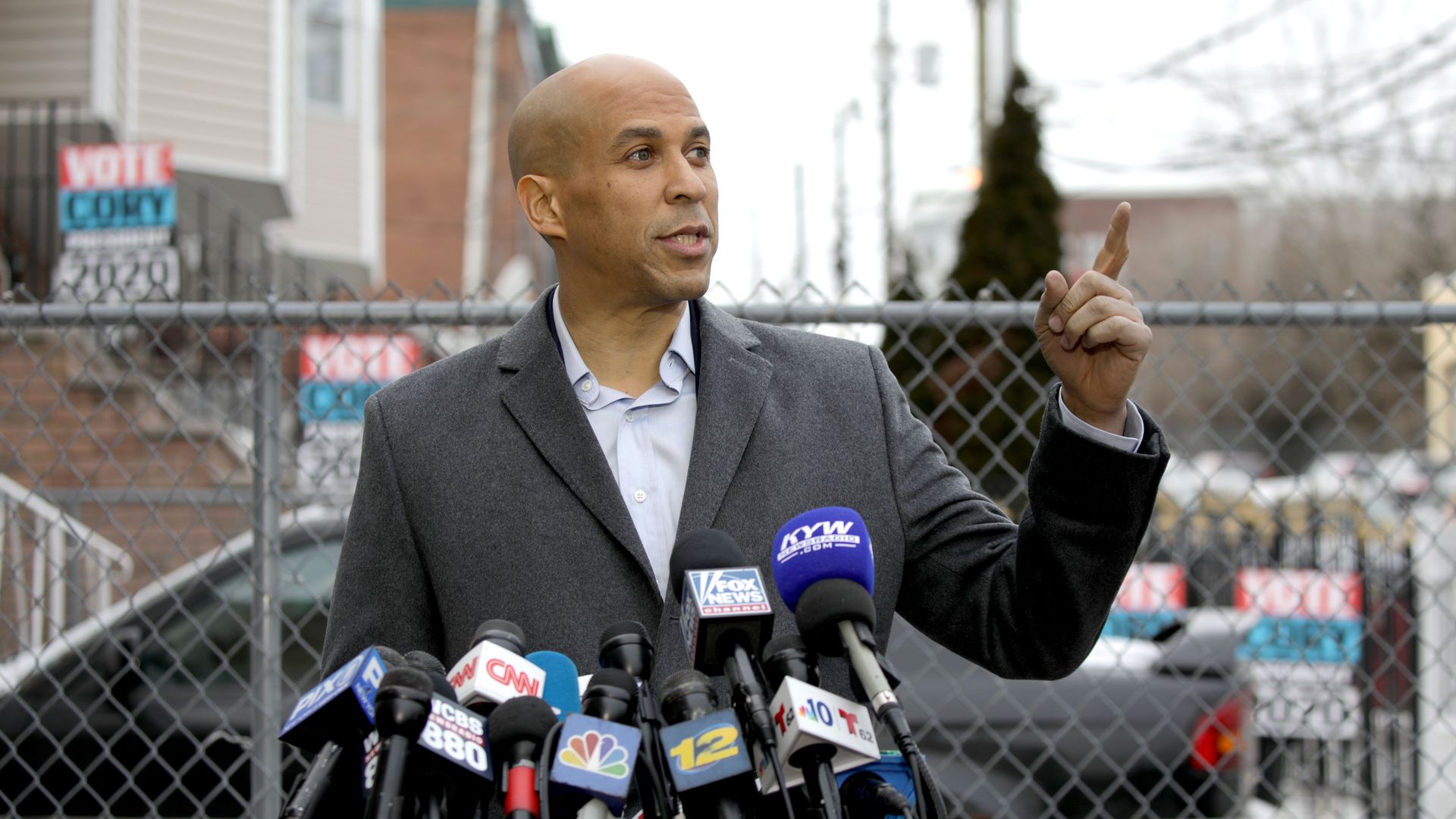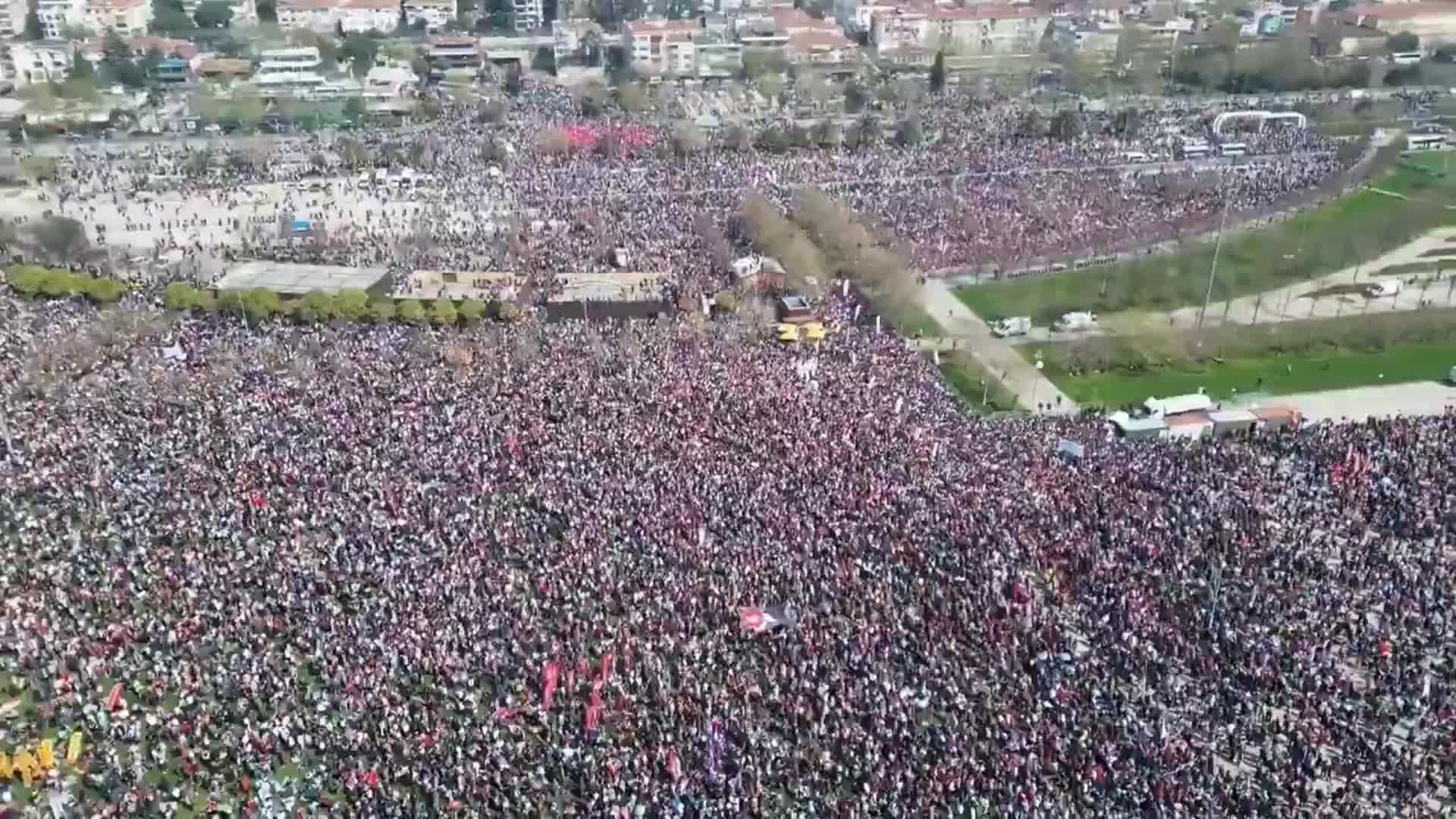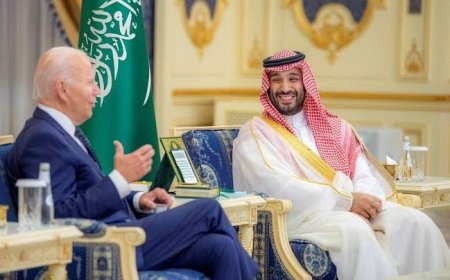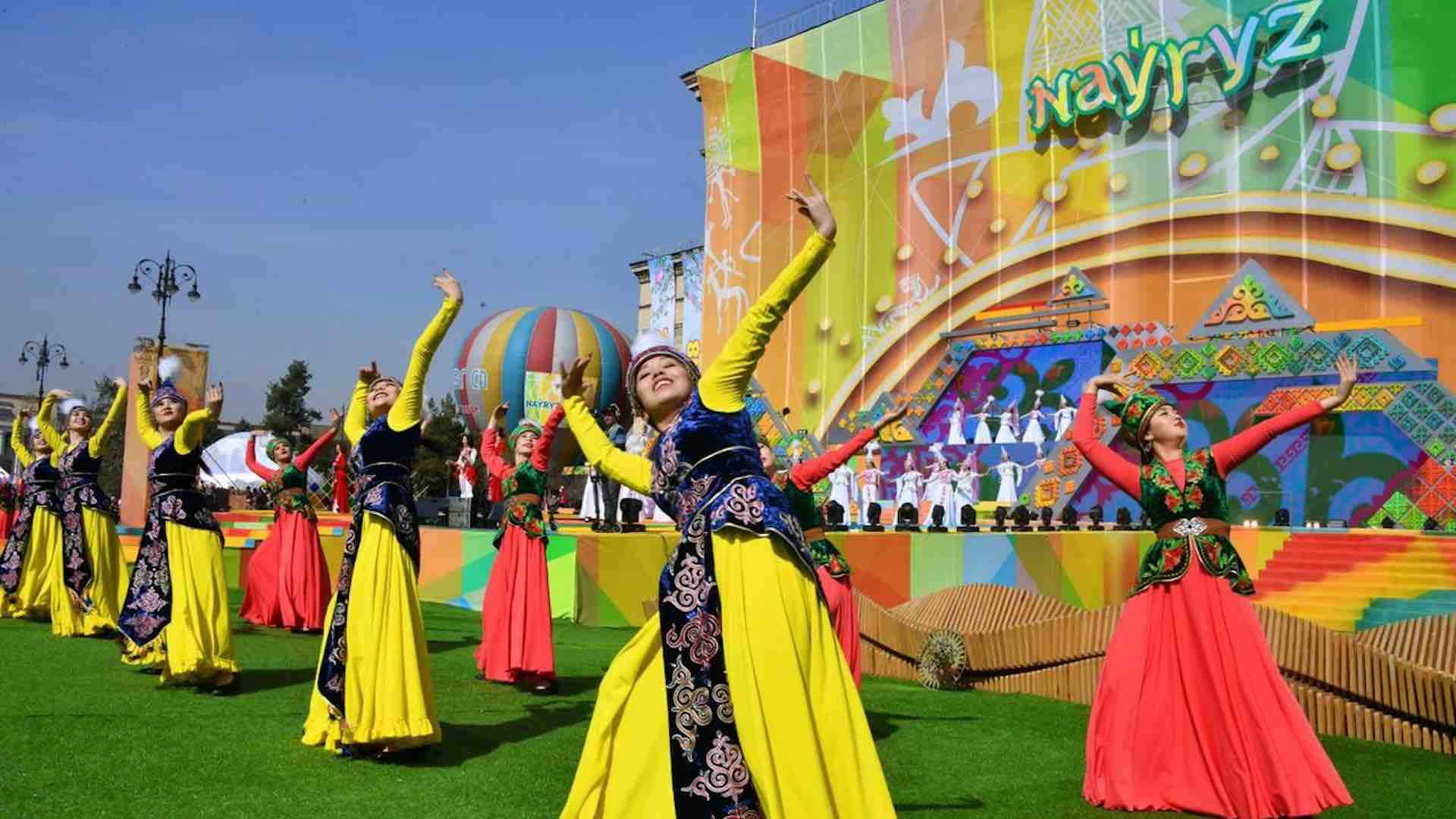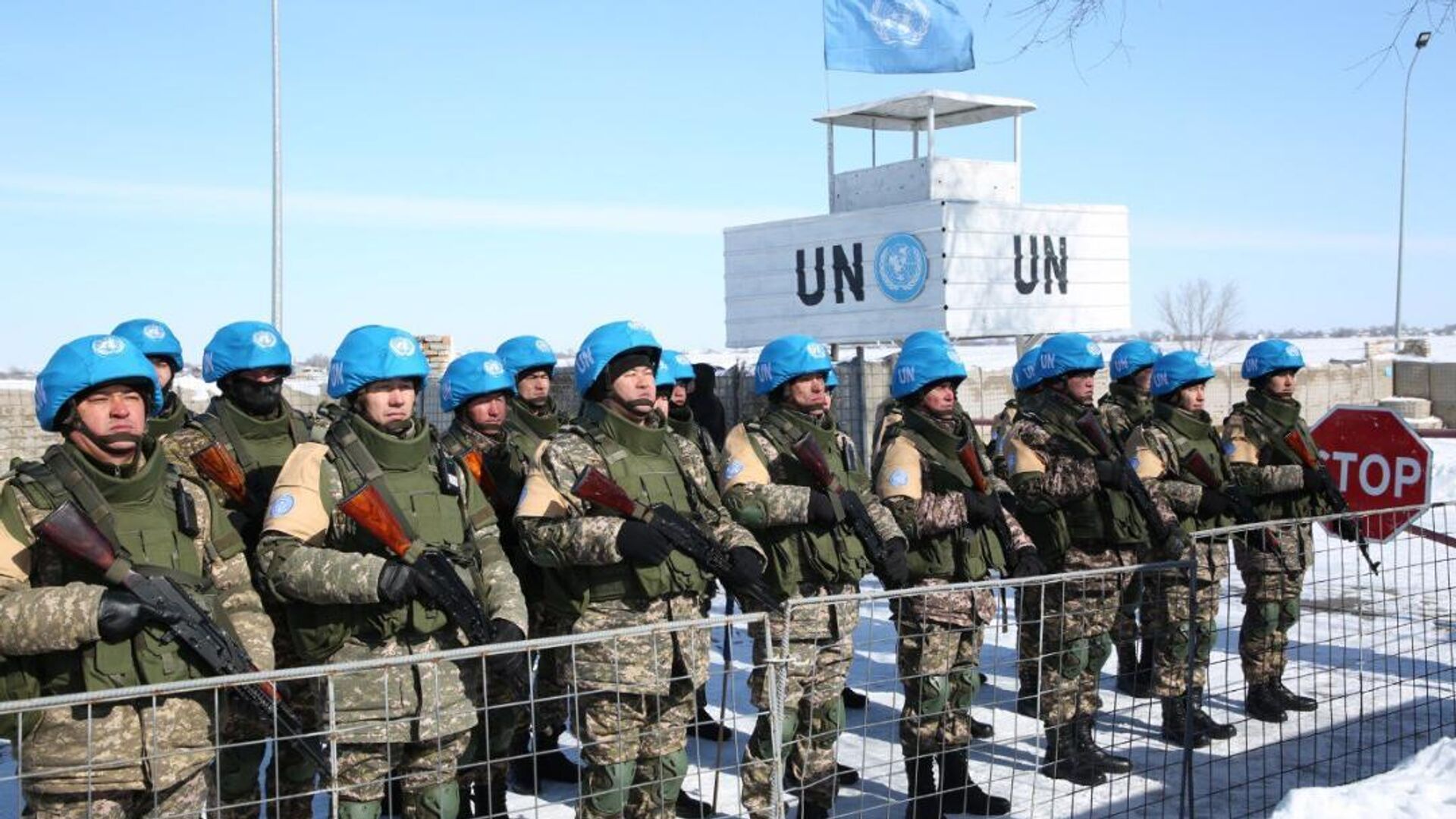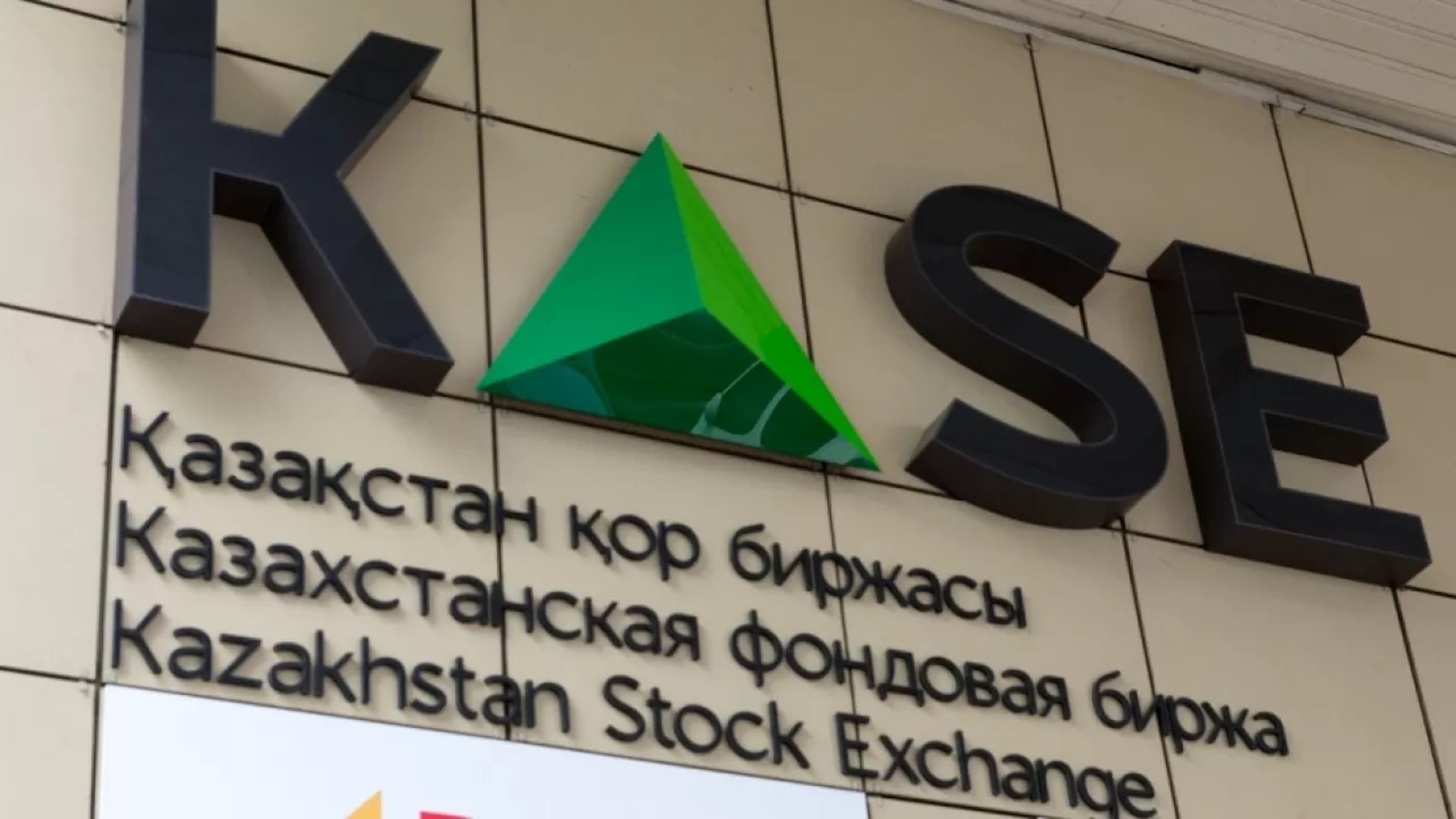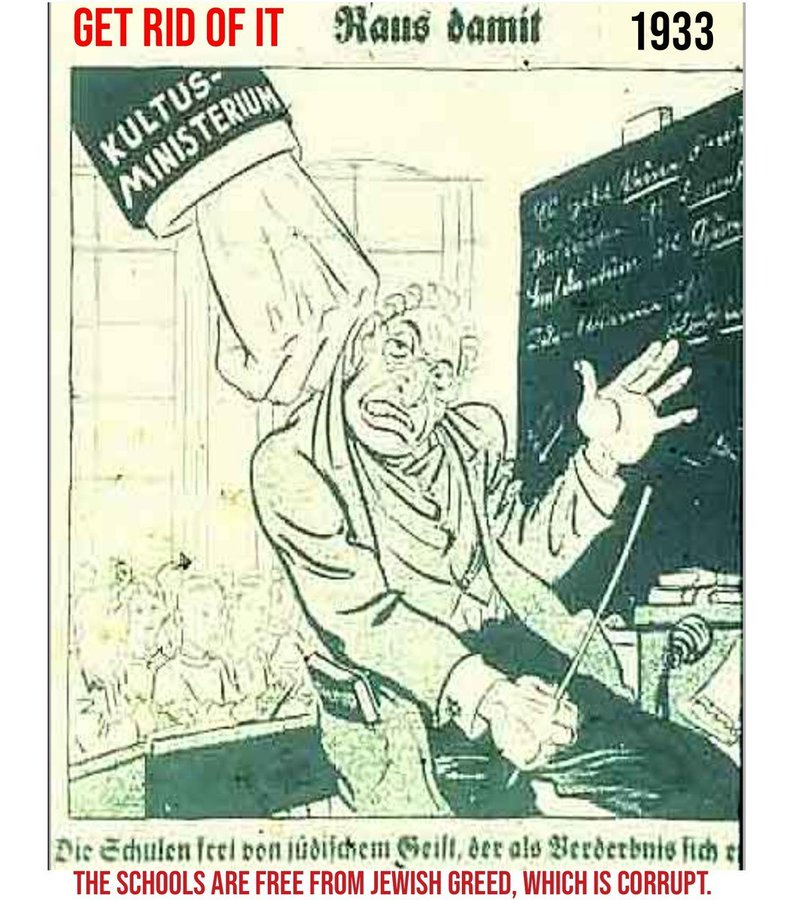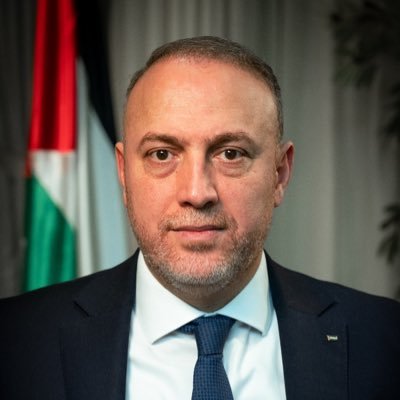Israeli Foreign Minister Visits UAE to Discuss Gaza’s Reconstruction
The Foreign Minister of the Israeli occupation regime arrived in the United Arab Emirates on a working visit. The purpose of the trip is to discuss the UAE’s role in rebuilding and stabilizing Gaza. This event has sparked strong emotions and debates in international circles.
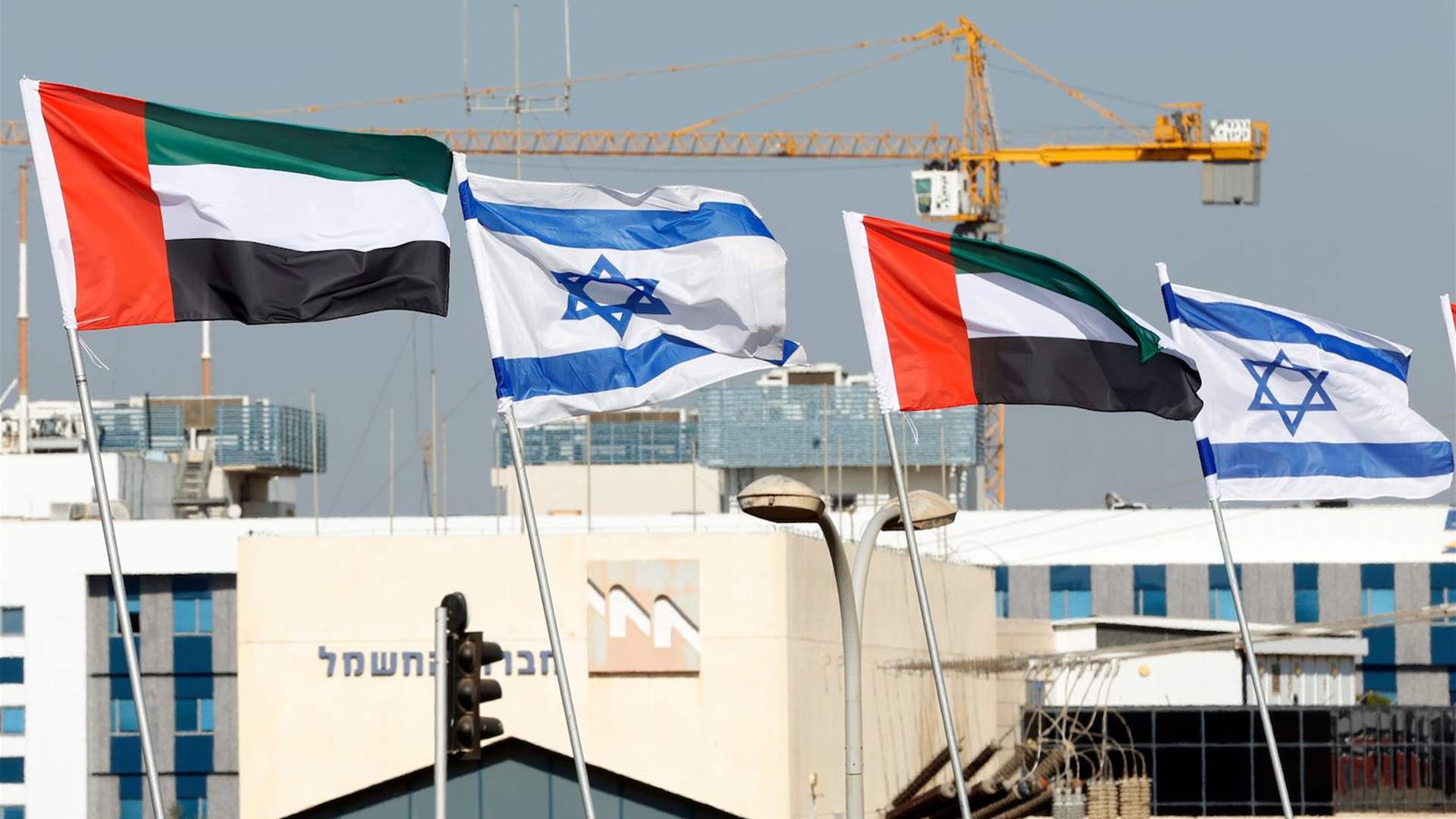
Details of the Visit
-
Goals of the Talks:
- Discussions on the UAE’s economic involvement in rebuilding Gaza’s devastated infrastructure.
- Defining the Emirates’ role in creating a long-term model for stabilization, including humanitarian and financial aid.
-
Context of the Visit:
- The trip comes amid growing tensions and criticism of Israel over its military actions in Gaza.
- Despite the normalization of relations with Israel under the Abraham Accords, the UAE faces pressure from the Arab world to take a stronger stance on the Palestinian issue.
Reactions to the Visit
-
Arab World:
- Many countries have condemned moves perceived as collaboration with the Israeli regime, given the ongoing suffering of Palestinians.
- The public views the visit as an attempt by Israel to shift responsibility for Gaza onto other players.
-
Palestinian Perspective:
- Palestinian representatives urged the Emirates not to support Israeli initiatives, arguing that they legitimize the occupation.
-
Israeli Stance:
- Israel argues that collaboration with the UAE could bring long-term stability to Gaza while reducing criticism of its actions.
International Context
-
Abraham Accords:
- These agreements opened the door for formal cooperation between Israel and several Arab countries, including the UAE.
- However, such moves intensify tensions with countries that strongly support Palestine.
-
UAE’s Role:
- The UAE maintains a delicate balance between supporting the Palestinian cause and engaging in economic cooperation with Israel.
Conclusion
The Israeli foreign minister’s visit to the UAE to discuss Gaza raises significant questions about the role of Arab states in addressing the Palestinian conflict. The international community is closely watching developments to see whether this will foster peace or exacerbate tensions.
The editorial board is not responsible for the content and accuracy of material taken, sent or obtained from other sources. The publication of such materials is for informational purposes only and does not imply automatic endorsement or approval of their content.
